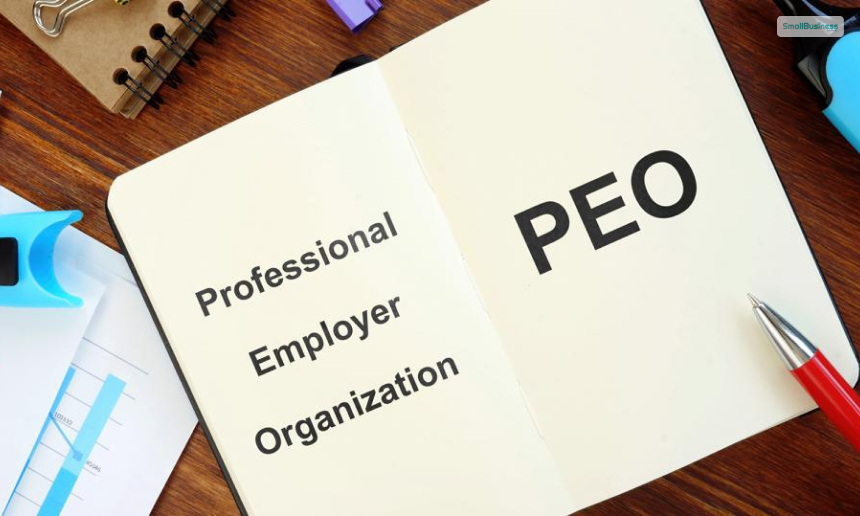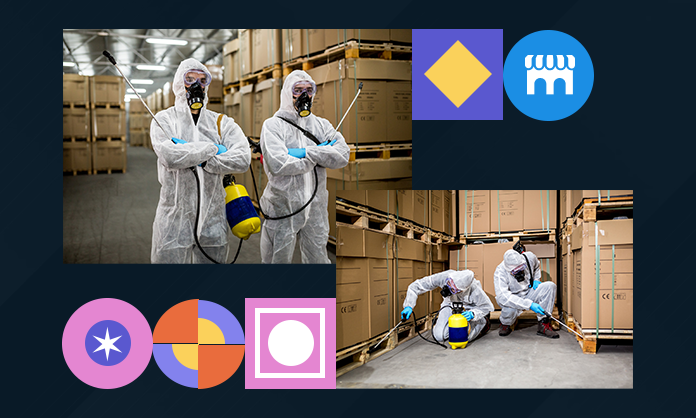Waste management refers to the systematic approach of gathering, conveying, disposing, and overseeing waste materials. Sustainable waste management, on the other hand, focuses on minimizing waste production and ensuring that waste disposal does not harm the environment. Sustainable waste management is crucial in our efforts to combat climate change and protect our planet. In this beginner’s guide, we will explore sustainable waste management and provide practical tips on how to implement it in your daily life.
Understanding Sustainable Waste Management
The first step in sustainable waste management is understanding the three Rs: Reduce, Reuse, and Recycle. These three principles guide our approach to waste management and help us reduce the amount of waste we produce. Reducing waste means using fewer resources, reusing items means using them again and again, and recycling means turning waste materials into new products.
Another essential aspect of sustainable waste management is the use of composting. Composting involves the breaking down of organic waste into a nutrient-rich soil amendment which you can use in gardens and landscaping. Composting helps reduce the amount of organic waste that ends up in landfills and produces a valuable resource for gardening and agriculture.
Practical Tips For Sustainable Waste Management
Now that we understand the principles of sustainable waste management, let’s explore some practical tips on how to implement them in our daily lives.
1- Reduce Your Waste

The first step in sustainable waste management is to reduce the amount of waste we produce, say skip hire company Just Hire. We can do this by avoiding single-use items such as plastic bags, straws, and water bottles. Instead, invest in reusable alternatives like cloth bags, metal straws, and refillable water bottles. When shopping, buy in bulk to reduce packaging waste.
2- Reuse Items
Reuse items as much as possible. For example, use old jars for storage or as vases, use old clothes as rags or donate them to charity, and repurpose old furniture instead of throwing it away.
3- Recycle
Recycling is an essential part of sustainable waste management. Make sure you know what can be recycled in your area and follow the guidelines. Rinse containers before recycling to avoid contamination.
4- Compost
Composting is an effective way to reduce organic waste and produce valuable soil amendments. You can compost fruit and vegetable scraps, coffee grounds, eggshells, and yard waste. Make sure to avoid composting dairy, meat, and other oily foods, as they attract pests, and the composting process is slowed down.
Read Also: How To Start A Green Cleaning Service? | Business Under $100
5- Proper Disposal
Proper disposal is essential in sustainable waste management. Make sure to dispose of hazardous waste such as batteries, electronics, and chemicals correctly. Check with your local waste management facility for guidelines on how to dispose of these materials safely. If you have a significant amount of waste that can’t be easily managed through regular waste services, consider contacting a dumpster rental company near you. This can be particularly useful for large clean-ups, renovations, or other projects that generate a substantial amount of waste.
6- Educate Yourself
Educate yourself on sustainable waste management practices and stay informed about updates and changes in your local waste management regulations. Join community groups and participate in local events to raise awareness about sustainable waste management.
Benefits Of Sustainable Waste Management

Sustainable waste management has numerous benefits for the environment and our communities. By reducing waste, we conserve natural resources, reduce pollution and greenhouse gas emissions, and protect wildlife and ecosystems. Sustainable waste management also creates jobs in the recycling and composting industries and can save money on waste disposal costs.
Conclusion
Sustainable waste management is an essential part of our efforts to combat climate change and protect our planet. By following the three Rs and composting, we can reduce waste, conserve resources, and create a more sustainable future. By properly disposing of hazardous waste and staying informed about waste management regulations, we can ensure that waste disposal does not harm our environment. So let’s do our part and embrace sustainable waste management in our daily lives.
Read Alos:




Leave A Comment